Enter a surname, town name or other keyword to search the database. Remember to
allow for the different spellings of 'Mc' and 'Mac.' Good luck!
{Search tips: Use single word search terms for more results}
You must enter some valid character(s) into the search field
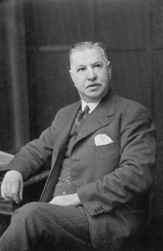
Reference: 521bb
Davidson re-copies from April ...
|
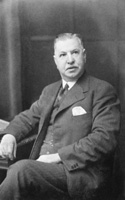
Reference: 521b
Davidson re-copies from April ...
|
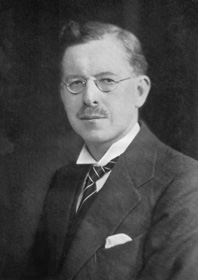
Reference: 521aa
Davidson re-copies from April ...
|
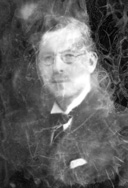
Reference: 521a
Davidson re-copies from April ...
|
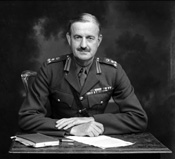
Reference: 46461f
Brigadier (later General) Sir ...
|
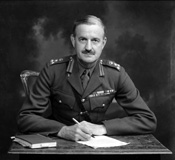
Reference: 46461e
Brigadier (later General) Sir ...
|
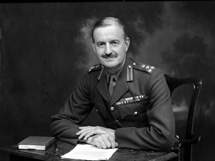
Reference: 46461d
Brigadier (later General) Sir ...
|
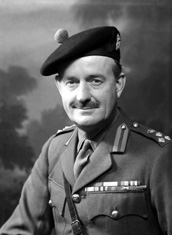
Reference: 46461c
Brigadier (later General) Sir ...
|
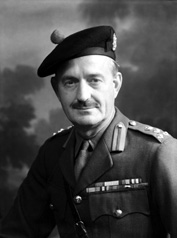
Reference: 46461b
Brigadier (later General) Sir ...
|
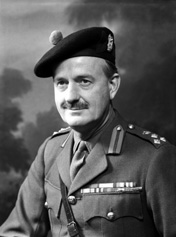
Reference: 46461a
Brigadier (later General) Sir ...
|
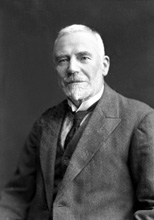
Reference: H-0185
Davidson c.1923. ...
|
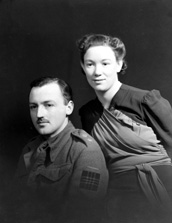
Reference: 37371b
Mrs Davidson, 81 Telford Stree...
|